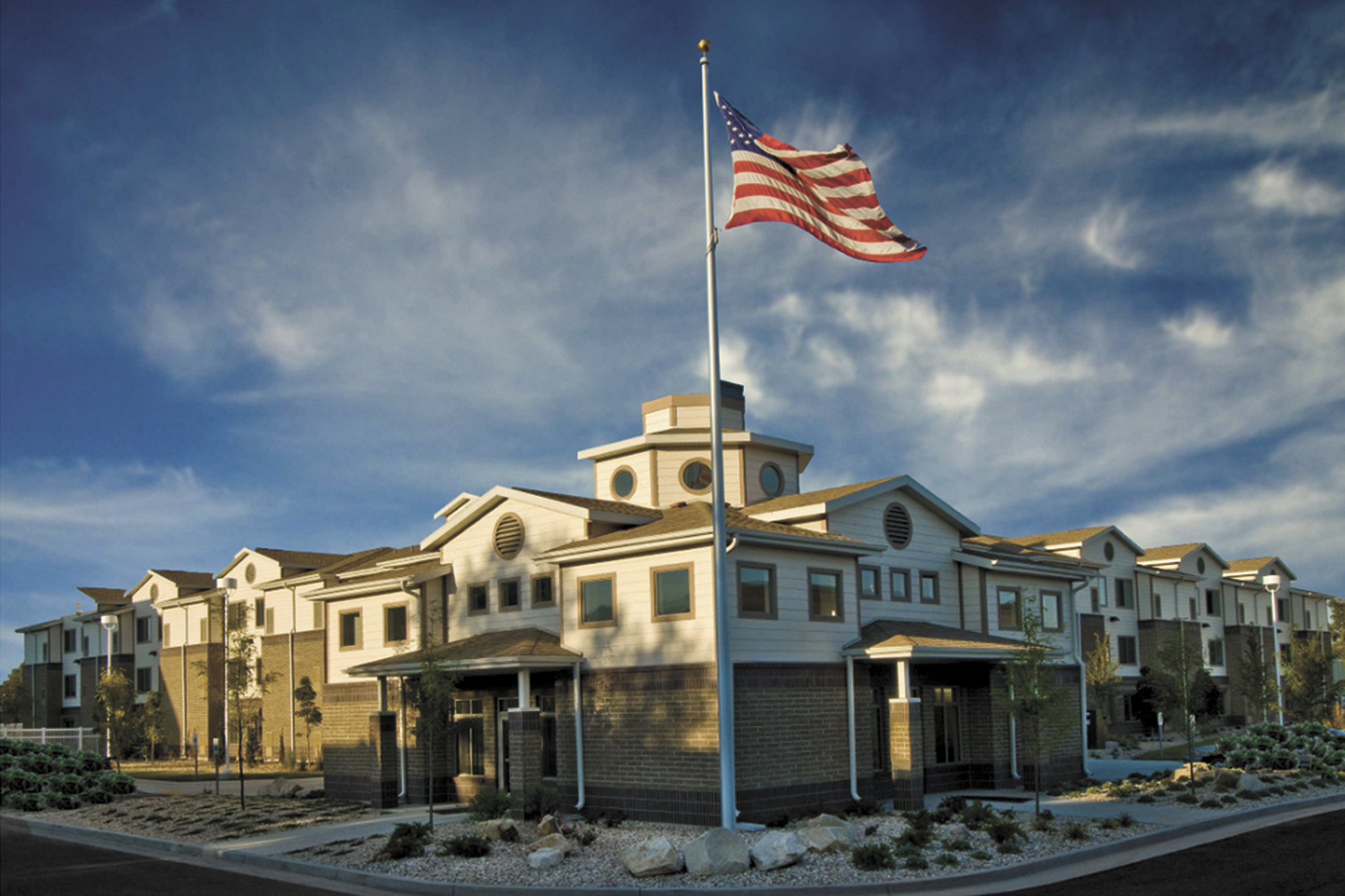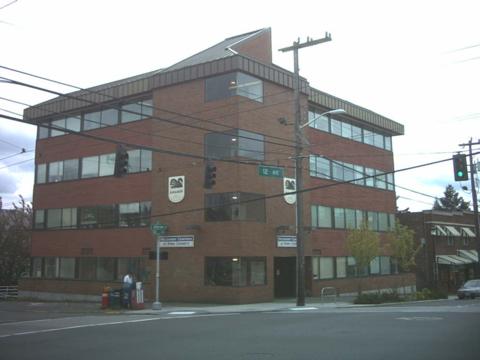The natives are restless in Allen Town.
Paul Allen’s Vulcan Real Estate company is bitterly unhappy with the Seattle City Council’s unanimous vote Monday to sharply increase fees that they and other developers will have to pay toward providing affordable housing in South Lake Union.
“In choosing to raise fees, they are sending a message to developers and investors that there’s a lack of predictability in Seattle,” Vulcan’s vice president of real estate Ada Healey grouses in a recent interview with Seattle Weekly. “They are imposing fees [in South Lake Union] that are 40 percent higher than what is charged downtown. So when you are trying to promote economic development, well, this does not seem inequitable.”
What has Vulcan royally ticked off is the council’s rejection of Mayor Mike McGinn’s proposal to keep the fee at the current rate of $15.15 per square foot of space that SLU residential developers use above existing height limits. Councilman Nick Licata went so far as to argue for a $96 per square foot charge. In the end, the council chose to go along with Councilman Mike O’Brien’s more moderate $21.68 fee.
The council’s plan calls for builder’s to ensure that 5 percent of the new residential towers going into the high-density neighborhood be set aside for affordable housing. And if they don’t do so, then they’d have to pay an equivalent fee to the city, who would invest the money into other neighborhoods.
The overriding goal of all of this is to create, in essence, places that SLU’s burgeoning high-tech workforce can afford to live so they don’t have to commute and cause even greater traffic congestion in the area.
Still, Healey is not pleased. “The process they used was not open or transparent,” she opines. Healey suggested that the council caved to lobbying efforts exerted by the Housing Development Consortium, a nonprofit advocacy group. “They put a lot of pressure on the council,” insists Healey, adding that the city relied on a consultant who is an HDC member and thereby “biased.” Counters HDC’s executive director Harry Hoffman, “We did what we always do — interact with council members. We never called out Vulcan by name. It’s not about them, it’s about providing private benefit for the public good.”
Hoffman added that even with an increase to the so-called “pay-in-lieu” fee, it will only create around 700 new affordable apartments over the next 18 years, which is about 2,500 short of the city’s goal for SLU.
“You know, for eight years,” says Healey, “the big rezone plans have been going on in this city, and yet they only took a month to raise the incentive housing development fee. That’s puzzling to me. I mean, a city that’s been known for process.”
Healey says Vulcan’ has netted the city $156 million in tax revenue over the past 10 years, and that if developers decide that the fees are too high to justify building above current heights, the city risks losing the ability to collect more than $70 million in incentive zoning fees.
“This is going to jeopardize tax revenues and jobs,” she says.
“Paul Allen is very disappointed.”








